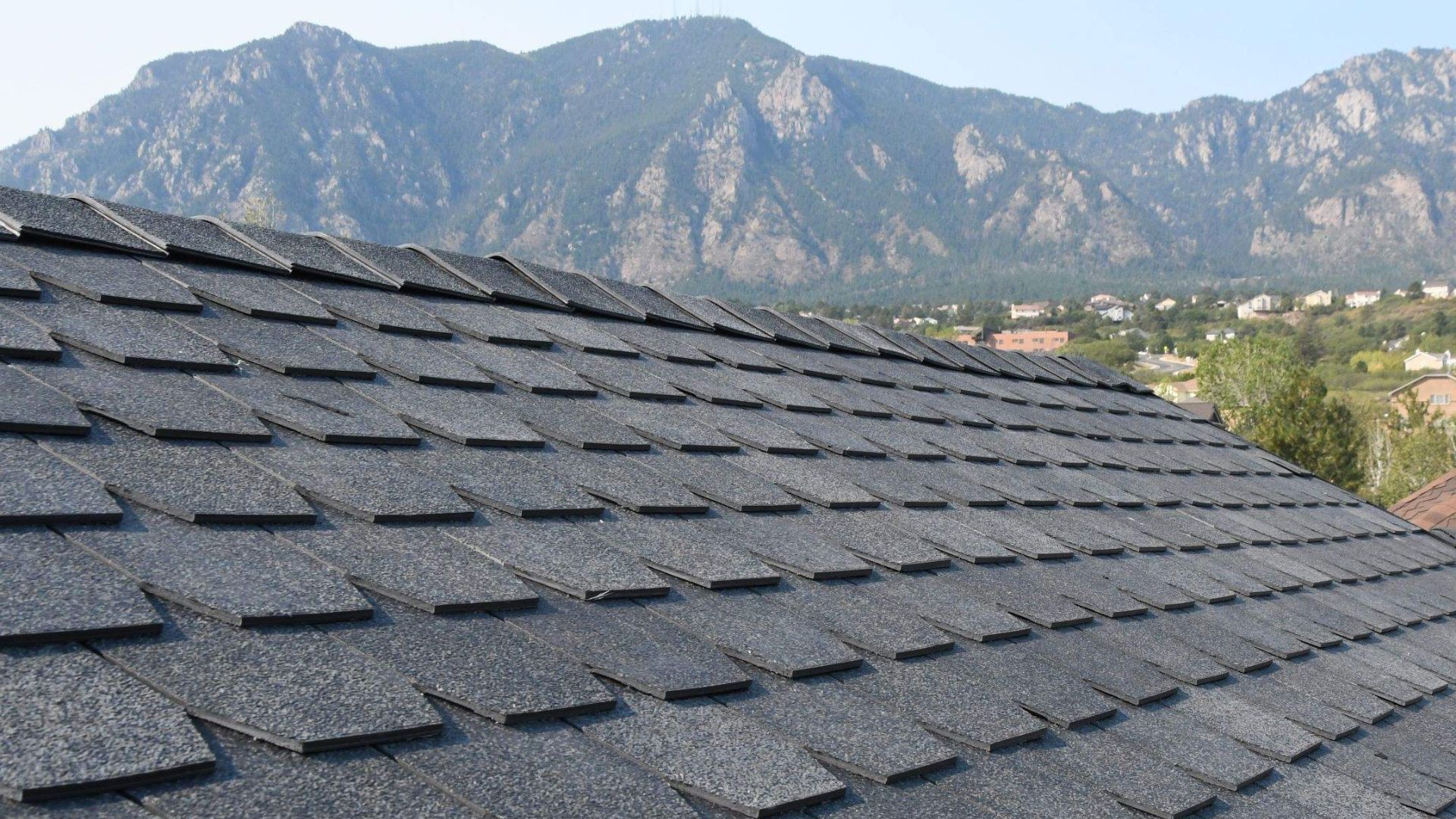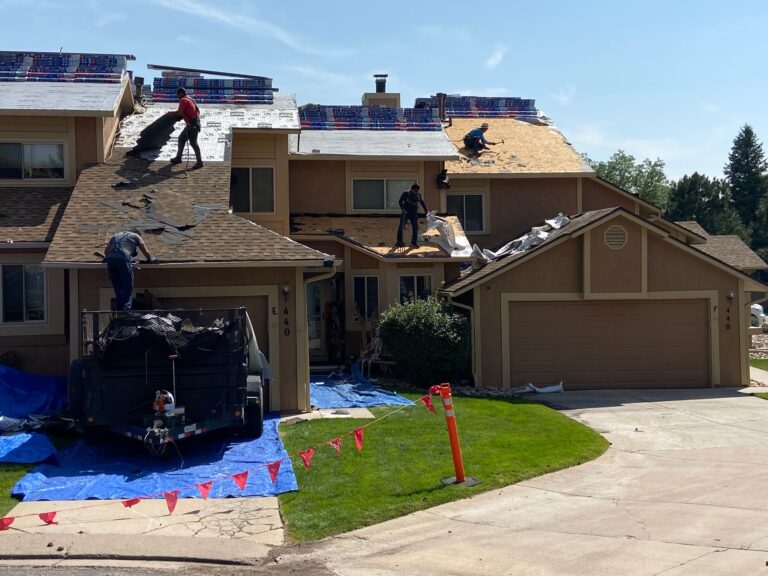How Long Do I Have to File a Hail Damage Claim for My Roof?
.jpg)
.jpg)
How Long Do I Have to File a Hail Damage Claim for My Roof?
Mar 14, 2024 2:15:36 PM
6
min read
Choosing the Right Roofing Material: A Comparison of Stone-Coated Steel and Synthetic Options"
%20(1).jpg)
%20(1).jpg)
Choosing the Right Roofing Material: A Comparison of Stone-Coated Steel and Synthetic Options"
Feb 26, 2024 4:15:30 PM
6
min read
DaVinci vs. F-Wave: Which Synthetic Roofing Material Manufacturer Reigns Supreme?
.jpg)
.jpg)
DaVinci vs. F-Wave: Which Synthetic Roofing Material Manufacturer Reigns Supreme?
Feb 8, 2024 1:03:43 PM
7
min read
Synthetic Shake Roof Replacement Costs: What You Need to Know
.jpg)
.jpg)
Synthetic Shake Roof Replacement Costs: What You Need to Know
Jan 18, 2024 3:00:23 PM
9
min read
Stone-Coated Steel Roof Replacement Cost (Should You Make the Upgrade?)
-1.png)
-1.png)
Stone-Coated Steel Roof Replacement Cost (Should You Make the Upgrade?)
Jan 2, 2024 3:19:11 PM
8
min read
Making the Most of Insurance: Consider Upgrading Your Roof During a Claim


Making the Most of Insurance: Consider Upgrading Your Roof During a Claim
Dec 5, 2023 11:15:55 AM
5
min read
Which Roof System Lasts the Longest? (and How to Choose the Right One)
%20(1).png)
%20(1).png)
Which Roof System Lasts the Longest? (and How to Choose the Right One)
Nov 30, 2023 10:25:03 AM
9
min read
Class 4 IR Shingles vs. Standard Shingles: Making an Informed Choice
.png)
.png)
Class 4 IR Shingles vs. Standard Shingles: Making an Informed Choice
Aug 29, 2023 10:44:48 AM
4
min read
Navigating Unexpected Problems During Your Roofing Project: A Contractor's Guide


Navigating Unexpected Problems During Your Roofing Project: A Contractor's Guide
Aug 15, 2023 12:29:29 PM
3
min read
GAF vs. Owens Corning: A Comprehensive Shingle Showdown
-1.png)
-1.png)
GAF vs. Owens Corning: A Comprehensive Shingle Showdown
Aug 10, 2023 12:02:43 PM
5
min read



